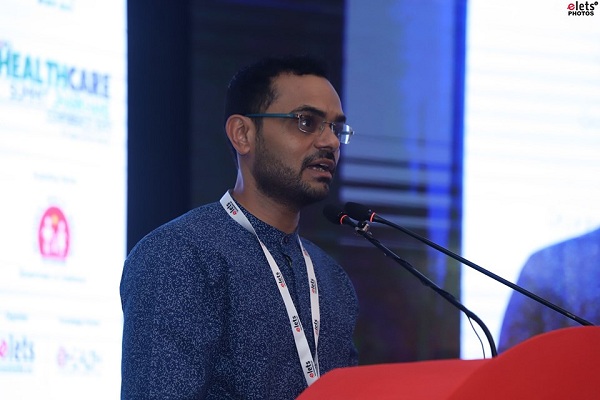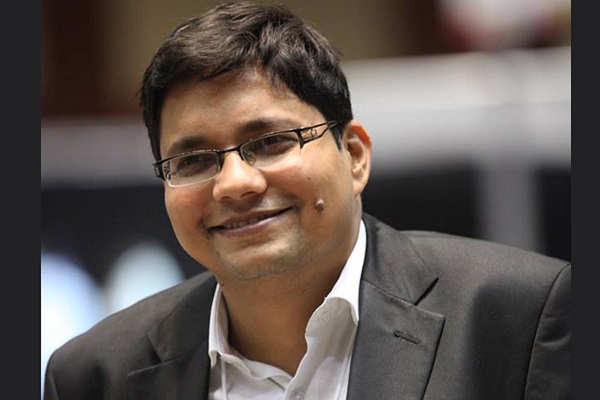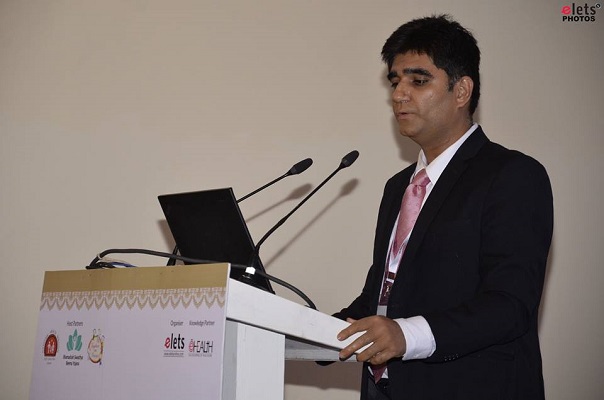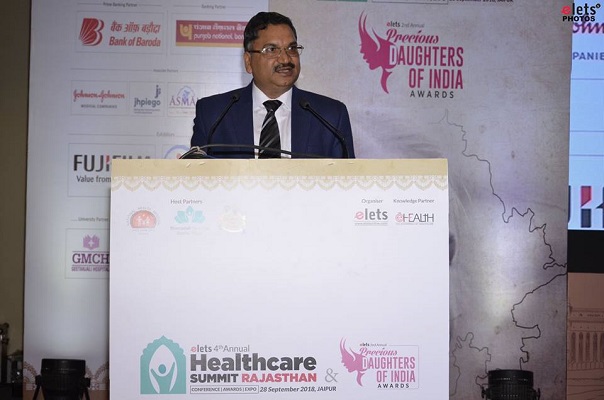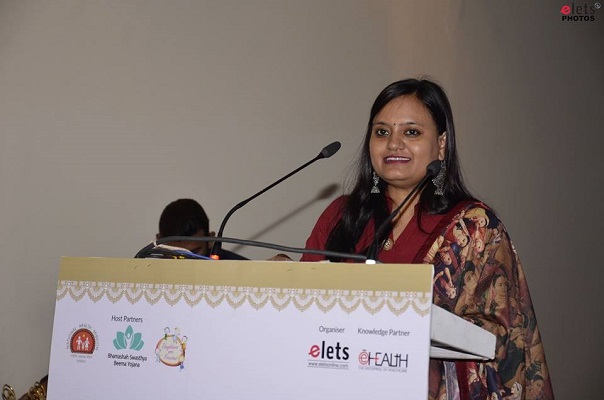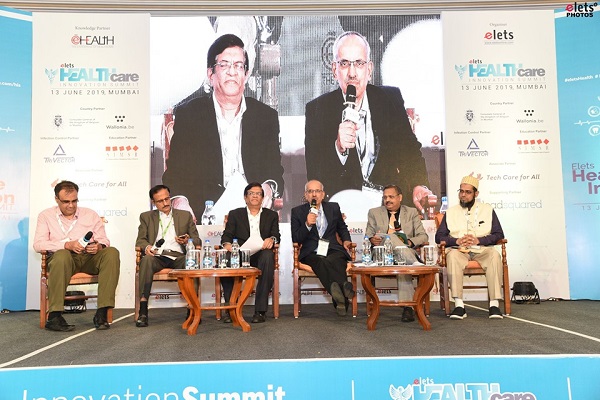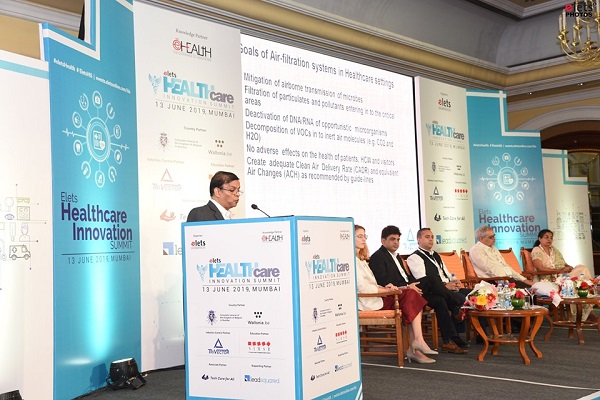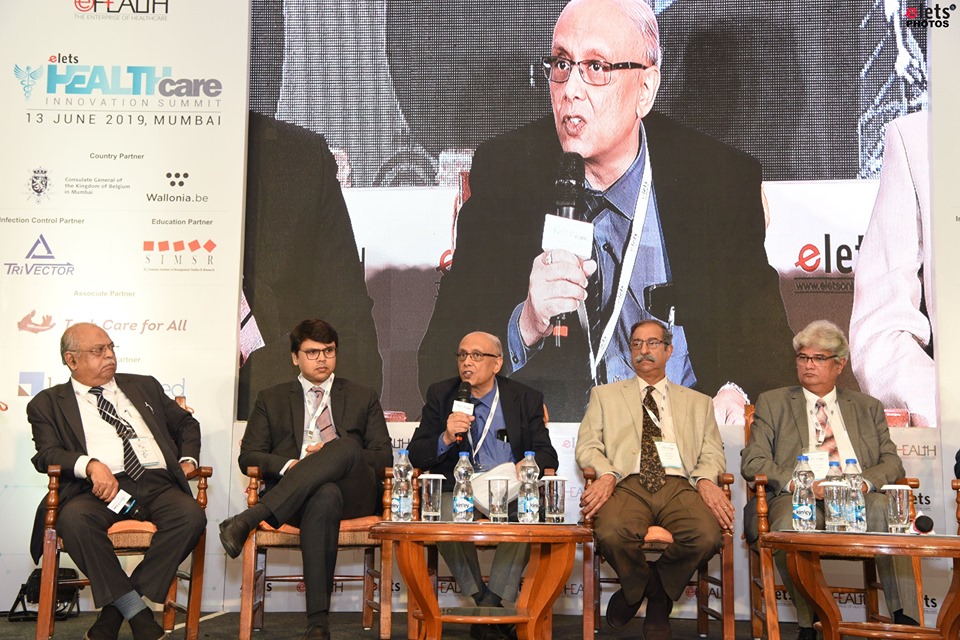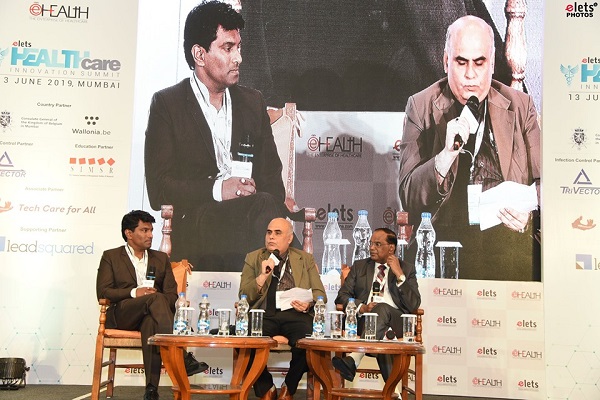
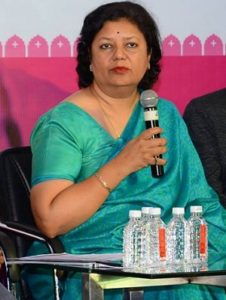 Even though there are states as diverse as Kerala and Andaman & Nicobar, the issues around health like doctors not able to attend to patients remain common across India, said Gouri Singh, Principal Secretary Public Health and Family Welfare, Bhopal Gas Tragedy-Relief & Rehabilitation & Medical Education, Government of Madhya Pradesh, in her address at the 3rd Healthcare Summit Rajasthan organised by Elets Technomedia in Jaipur recently.
Even though there are states as diverse as Kerala and Andaman & Nicobar, the issues around health like doctors not able to attend to patients remain common across India, said Gouri Singh, Principal Secretary Public Health and Family Welfare, Bhopal Gas Tragedy-Relief & Rehabilitation & Medical Education, Government of Madhya Pradesh, in her address at the 3rd Healthcare Summit Rajasthan organised by Elets Technomedia in Jaipur recently.
“The fairly high infant mortality rate in Madhya Pradesh had been troubling us for a long time. As members of the health sector, we understand that curative aspect of the health is always more glamorous. But it’s the preventive health that the public health authorities have to dwell on, which is not so glamorous. A disease has been prevented because of early screening or early diagnosis is not going to make the headlines,” she quipped.

The healthcare is a segment that requires a complete change in the attitude of the service providers because screening becomes extremely important, she added.
“Government of India has been putting a lot of emphasis on screening. But the issue is always that in order to have a very good screening programme, you have to have a proper set up of referrals. If you have a large number of cases, for instance diabetes, then at least in Madhya Pradesh we don’t have specialists below the level of civil hospital to be able to take care or prescribe medicines,” Singh pointed out.
She, however, highlighted how the Madhya Pradesh Government is tackling the big healthcare challenges it is facing today. “What we have done is that we are focusing a lot on screening for early diagnosis. We are also building capacity with the help of organisations like PHFI (Public Health Foundation of India) to train sub-district level medical officers in how to manage hypertension and diabetes, which is definitely going to be a major effort to decrease the NCD burden.”

Speaking on the efforts being made to decrease the infant mortality rate in the State, Singh said: “We have analysed our data on infant mortality and what we found was that when a pregnant woman comes into the system through RCH portal then we keep a track of her during pregnancy and six months after that. The child gets tracked till about nine months and after that the system tracks the child intermittently.
“This was troubling us for a long time. So, we came up with a programme called Dastak to take services to the household. Under this programme, Anganwadi workers and AASHA workers go to every household with children upto 5 years of age to deliver a set of 8-9 services, which also include interpersonal counselling. We have identified certain messages that need to be transmitted through interpersonal communication to the mothers.”
Apart from that, she believes that reporting of a child’s death is crucial to determine the causes and accordingly take preventive measures to reduce infant mortality.
“Unfortunately, in Madhya Pradesh we have found that the reporting of a child’s death is not something that families think too much about. There is really no incentive involved in reporting a child’s death. The reporting of death is important because it will help us in knowing where we need to focus,” she said.
Be a part of Elets Collaborative Initiatives. Join Us for Upcoming Events and explore business opportunities. Like us on Facebook , connect with us on LinkedIn and follow us on Twitter , Instagram.


